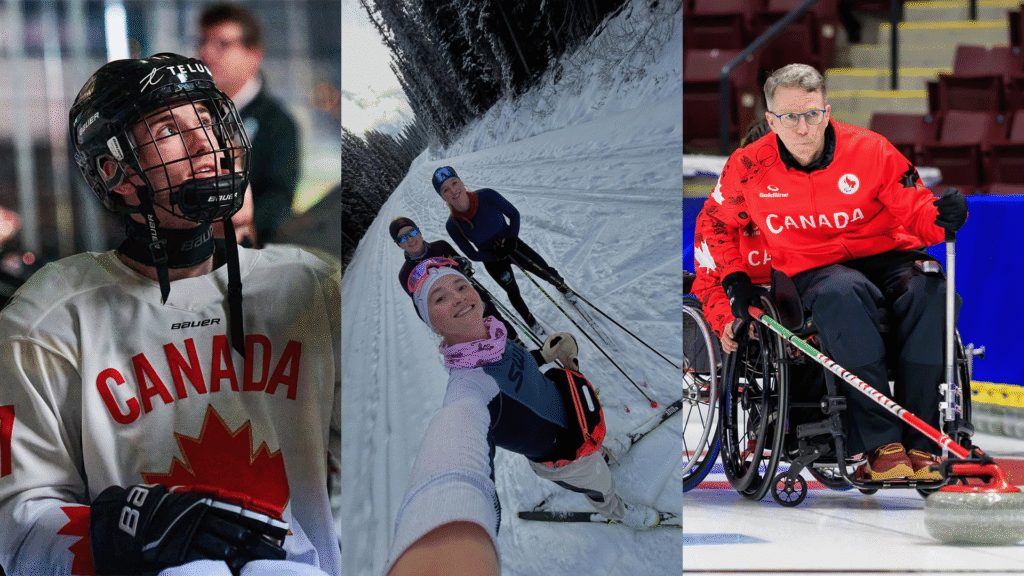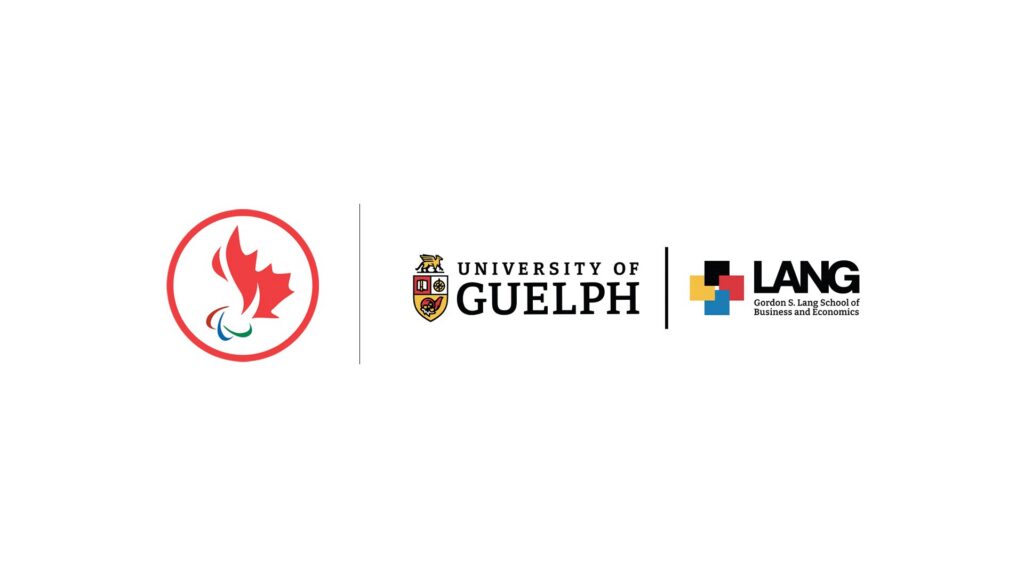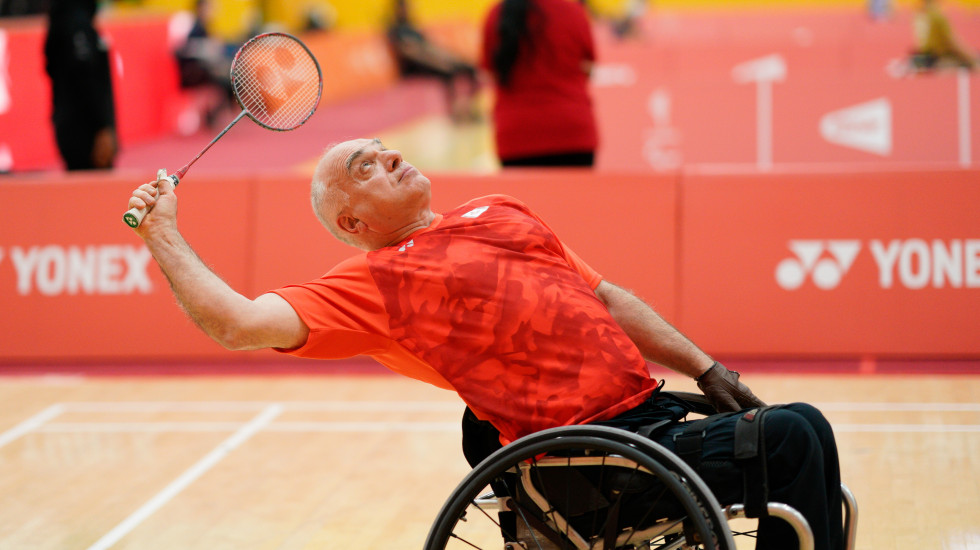Celebrating 25 years of Para Sport: Paralympic sport takes next step in Canada in 1996
Pfizer Canada comes on board as first major corporate sponsor

Back in 1996, it was a strong possibility that Canadian athletes would have to partially pay their own way to the Paralympic Games in Atlanta.
“Finances were always a difficult thing,” said Linda Hancock, managing director of the Canadian Paralympic Committee (CPC) at the time. “I remember in 1992 the athletes had to pay about $1,200 per person to go and I always thought that was unfair because the Olympic athletes didn’t have to pay anything, as far as I knew.
“We were kind of in the same situation in 1996, where we had some money from the government and fundraising, but we were still short of money and we were in the position where athletes would have had to pay something to represent their country, which was a real shame.”
CPC had only transitioned from being the Canadian Federation of Sports Organizations for the Disabled in 1993, and was just starting to wade into the world of corporate sponsorship. The Paralympic Movement was in the midst of an important shift, recognizing the world-class abilities of Paralympians as elite athletes and focusing on high-performance sport first.
Pfizer Canada was the first major corporate sponsor to come on board in 1996, and their support meant Canada was able to fully fund its athletes competing in Atlanta. It was an important step.
“In 1996, the Paralympic brand was not what it is today,” said Marc-André Fabien, president of the CPC and a longtime supporter of Paralympic sport in Canada. “We were not known, we were a very small organization, not what we are today. For us to have a multi-national company like Pfizer supporting us, being one of our sponsors – our first major private sponsor – was extremely important. Not only did Pfizer give us financial breath, but also brought to us credibility.”
Canada ultimately sent 133 athletes to Atlanta and finished seventh in the standings, winning 69 medals. Marni Abbott-Peter lead Canada into the Opening Ceremony as flag bearer, and Canada’s dynastic women’s wheelchair basketball team would win its second of eventually three straight Paralympic gold medals.
Chantal Petitclerc won her first two gold medals on her way to becoming a Paralympic legend, and Para swimmers Dean Bergeron and Walter Wu were among the many Canadian multi-medallists. Wheelchair rugby was a demonstration sport that year, with Canada winning silver, before making its official Paralympic debut four years later.
Representatives from Pfizer Canada attended the Games in Atlanta, and Hancock says it was a “wonderful opportunity to showcase the Canadian athletes.”
“It was just a real turning point for the Paralympic Movement to have some corporate sponsorship actually at the Games, enjoying the Games, getting to know the athletes. And honestly that was an opportunity for them to get more involved because they now knew what the Paralympics was all about.”
And 25 years later, Pfizer Canada’s support still runs strong.
This year, the Canadian Paralympic Committee and Pfizer Canada are celebrating 25 years of supporting and promoting the Paralympic Movement together. Throughout 2021, we will look back on special sporting moments and milestones from each year of the partnership.



"*" indicates required fields
"*" indicates required fields